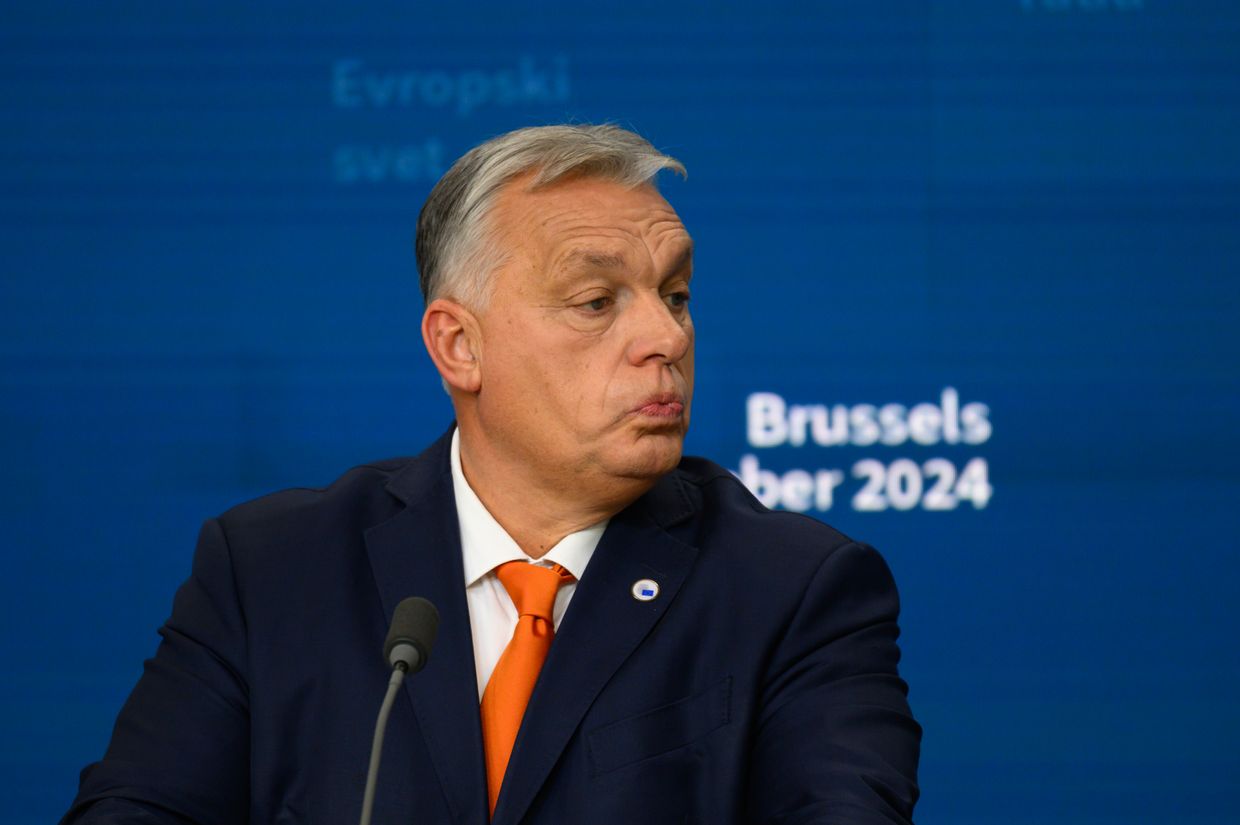Hungary receives 'requested guarantees' from EU on energy transit, Hungarian FM says

The EU has provided Hungary with "requested guarantees" regarding its "energy security" concerns, namely the transit of fossil fuels to EU member states, Hungary’s Foreign Minister Peter Szijjarto said on Jan. 27.
"The European Commission is committed to protecting natural gas and oil pipelines leading to European Union member states," the Hungarian chief diplomat said, adding that the European Commission will also ask Kyiv to maintain the oil transit through its territory.
"They made it clear that the integrity of the energy infrastructure supplying EU member states is a matter of security for the entire EU."
The statement comes after Politico reported that EU ambassadors are expected to issue a statement addressing Hungary’s "energy security" concerns to convince Budapest to drop its veto on the extension of the EU’s sanctions on Russia.
Hungary’s Prime Minister Viktor Orban has threatened to veto the extension until Ukraine resumes the transit of Russian gas through its territory. The end of transit led to a spat between Kyiv on one side and Hungary and Slovakia on the other, with the two latter countries complaining the decision endangers their energy security.
Ukraine continues to transit Russian oil, though a bill on banning the transit has been registered in the parliament.
The EU sanctions against Russia, including the freezing of billions of Russian sovereign assets in European bank accounts, require a renewal by unanimous decision by the bloc every six months. The current deadline is set to expire on Jan. 31.
Earlier, Orban, a close ideological ally of U.S. President Donald Trump, demanded to vote on the renewal of the sanctions package only after Trump takes office on Jan. 20.
Orban, whose government is widely regarded as the most Russia-friendly in the EU, has repeatedly criticized and delayed sanctions against Russia.
Trump recently issued a warning to Russian President Vladimir Putin to end his war in Ukraine or face tariffs and further sanctions by the U.S.
U.S. Secretary of State Marco Rubio also called his Hungarian counterpart on Jan. 26 to discuss, among others, energy issues, a statement by the U.S. Embassy to Hungary said, without revealing specifics of the discussion.











